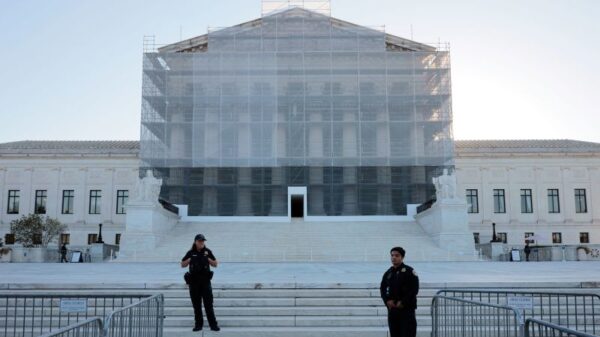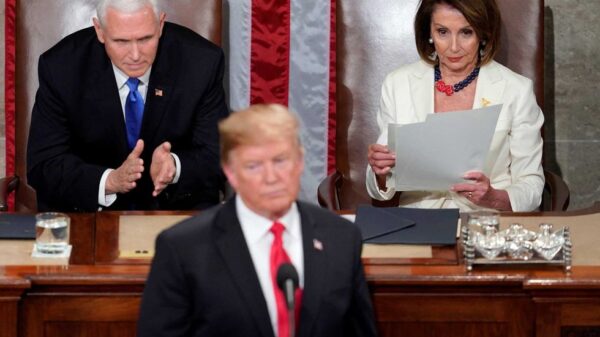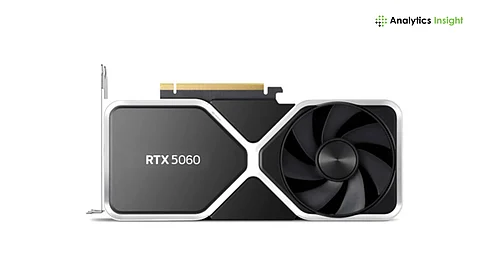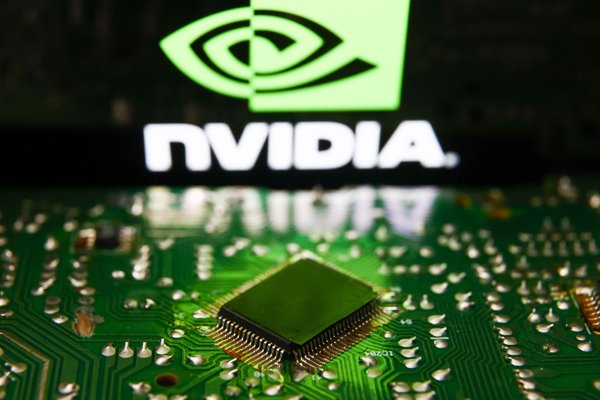Reports indicate that restricted Nvidia AI chips, valued at approximately $1 billion, have been smuggled into China. According to a recent article by the Financial Times, the B200 chip has emerged as the most “sought-after” and “widely available” component on the country’s black market. This development raises significant concerns regarding the enforcement of technology export regulations.
As international tensions rise, the demand for advanced AI technology in China has surged, creating a lucrative opportunity for illicit operations. The B200 chip, designed for high-performance AI tasks, is at the center of this underground market, drawing the attention of both criminal networks and authorities.
Implications for Global Technology Landscape
The smuggling of such high-value technology poses serious implications not just for compliance with export controls, but also for the competitive landscape of the global tech industry. Nvidia, a leading manufacturer in AI hardware, has faced increased scrutiny over its products, especially those with significant capabilities that could enhance military applications. This incident highlights the ongoing challenges that companies face in safeguarding their technology from unauthorized distribution.
The United States has imposed strict export restrictions on advanced semiconductors to China, aiming to prevent potential military uses of these technologies. Despite these measures, the emergence of a black market for such chips indicates that demand is not easily curbed. The high price tag on the B200 chip reflects its desirability and the lengths to which buyers are willing to go to acquire it.
Market analysts suggest that the proliferation of smuggled chips could undermine efforts to control technology transfers. This situation complicates the landscape for legitimate businesses and raises ethical considerations regarding technology access and security.
Regulatory Responses and Future Outlook
In light of these developments, regulatory bodies may intensify their efforts to monitor and control the flow of advanced technology. The potential for increased inspections and enforcement actions could impact not only the smuggling networks but also the broader technology supply chain.
For Nvidia, the challenge lies in balancing the need for innovation with the responsibility to comply with international laws. As the company navigates these complexities, it will be crucial for stakeholders to remain vigilant about how their products are used and distributed.
As this situation unfolds, industry observers will be closely watching the implications for both the semiconductor market and international relations. The smuggling of $1 billion worth of technology may serve as a wake-up call for policymakers and businesses alike, urging them to reassess their strategies in an increasingly interconnected and regulated world.








































































